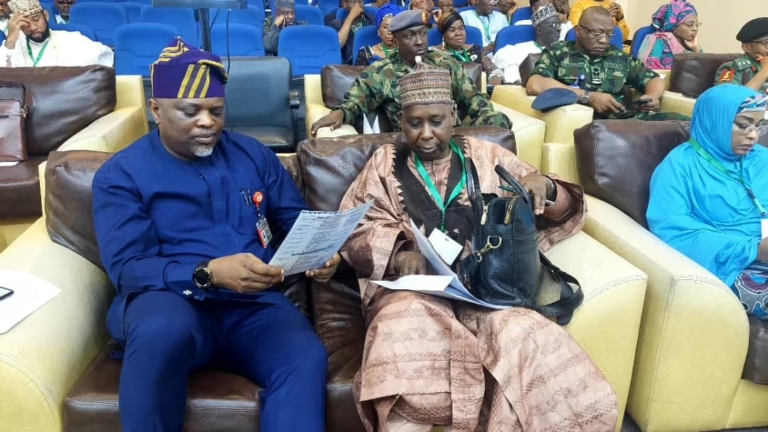On Thursday, Vice President Kashim Shettima expressed strong support for the ongoing reforms at the National Institute for Policy and Strategic Studies (NIPSS), emphasizing that the high standards of the Senior Executive Course (SEC) must be upheld and not diluted in the pursuit of inclusivity.
Represented by his Special Adviser on Economic Affairs, Dr. Tope Fasua, Shettima addressed a two-day conference held at the State House Auditorium in Abuja. The event brought together key stakeholders, including those responsible for nominating SEC participants and other collaborators.
While acknowledging the legitimacy of calls for more inclusive entry criteria, Shettima highlighted that the SEC’s prestige relies on enrolling leaders who are approaching the pinnacle of their careers-individuals capable of influencing policy and spearheading institutional reforms.
“It is crucial to distinguish flexibility from lowering standards. The SEC targets senior leaders who shape policies, influence decisions, and drive organizational change,” Shettima remarked.
The Vice President also tackled issues related to discipline, health concerns among nominees, and the increasing demand for course placements, underscoring that discipline remains an uncompromising requirement.
He called on nominating organizations to ensure that candidates possess the physical stamina and mental resilience necessary to meet the course’s demanding nature.
Shettima further revealed that government-led reforms aimed at enhancing NIPSS are in progress, including revising its foundational legislation and improving staff welfare conditions.
He praised the Institute as a “pillar of intellectual rigor, policy innovation, and leadership cultivation” that must be safeguarded and strengthened.
In his keynote speech, Nigeria’s Permanent Representative to the United Nations, Professor Tijjani Muhammad-Bande, advocated for a fresh approach to leadership development at NIPSS.
Muhammad-Bande recommended a thorough review of the Institute’s curriculum and training methodologies, better organization of study tours, and emphasized that funding should be regarded as a national obligation rather than relying predominantly on fee-based programs.
He also voiced concerns about reports of participants submitting ghostwritten assignments and proposed prioritizing nominations for officers at the deputy director level who have a minimum of three years remaining in service.
Earlier in the conference, NIPSS Director-General Professor Ayo Omotayo highlighted that the effectiveness of the SEC is directly linked to the caliber and suitability of nominees.
He reaffirmed the Institute’s dedication to reform and innovation but stressed the necessity of robust collaboration with nominating bodies, government agencies, and the private sector to fulfill its mission of preparing leaders for transformative national impact.

















